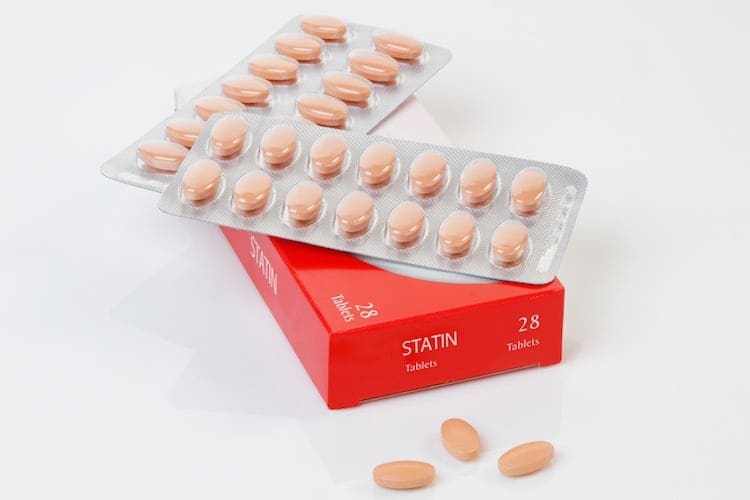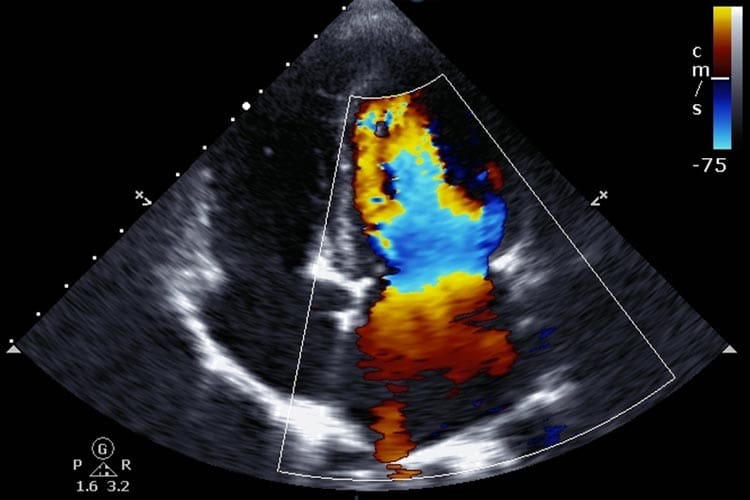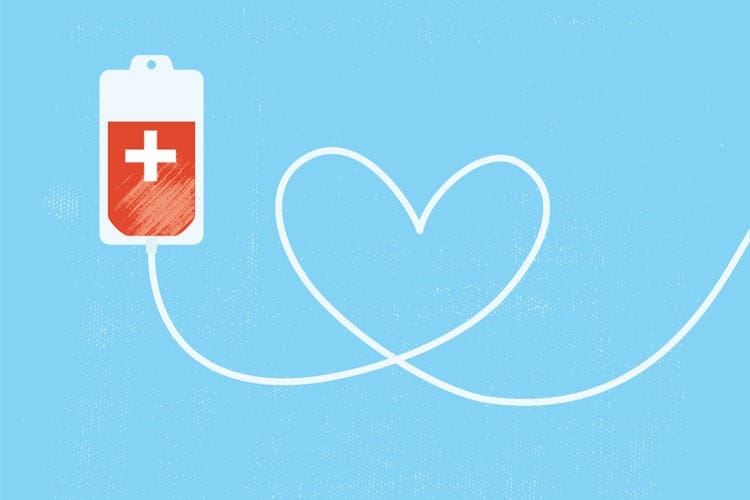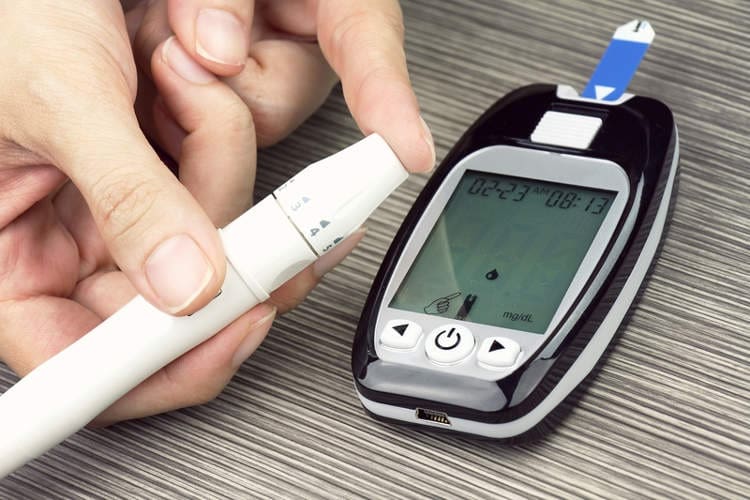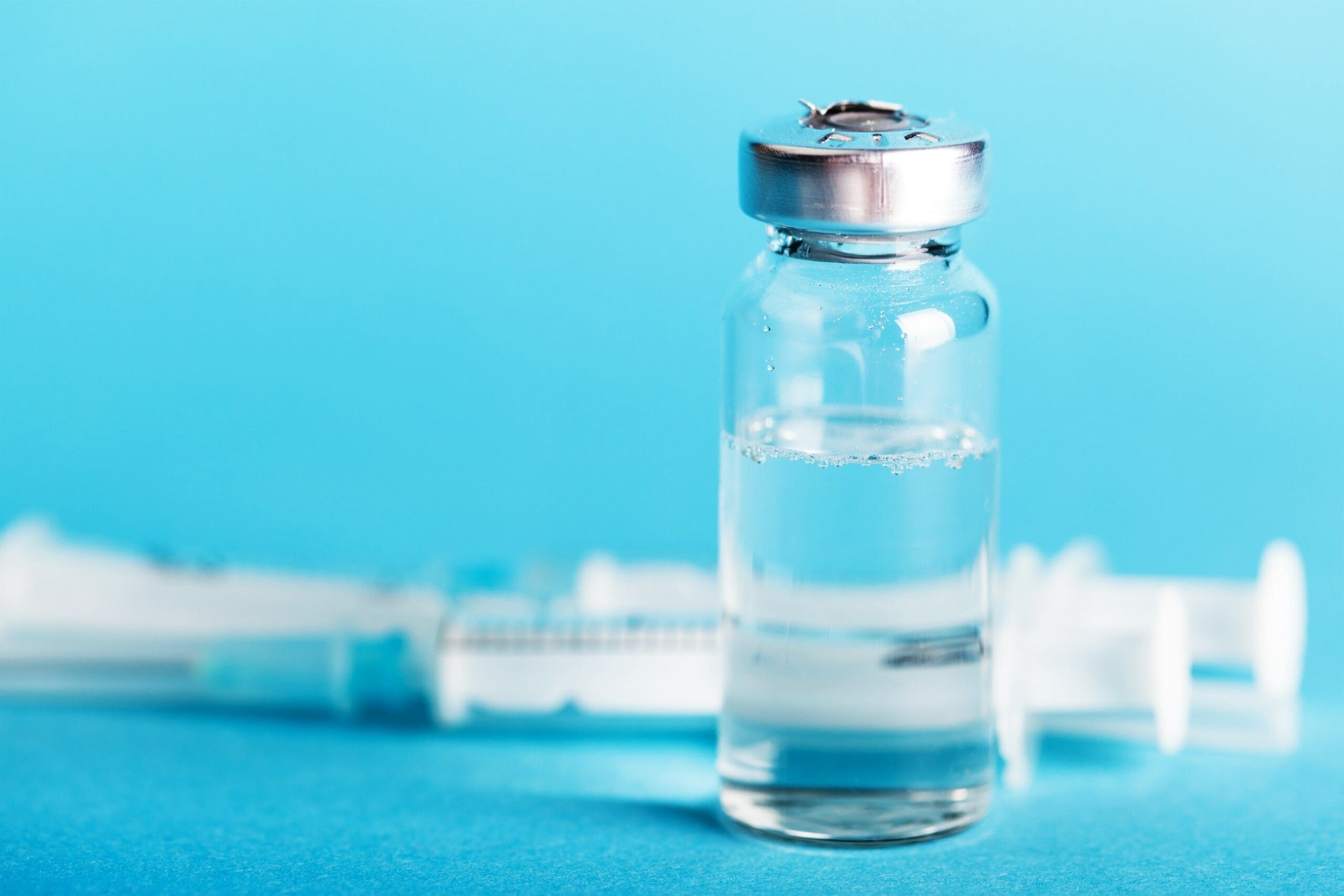Familial hypercholesterolaemia is an inherited (genetic) condition in which affected members of a family have high levels of LDL cholesterol (bad cholesterol) in their blood.
blood
Cholesterol: treatments for high cholesterol
If you have high cholesterol, your doctor may prescribe lipid-lowering medicines in addition to diet and lifestyle changes. Find out about the different types.
Angina: treating symptoms and emergency treatment
Angina pain or discomfort is a symptom of underlying heart problems and must not be ignored, as it may be a sign of impending heart attack.
Diabetes can affect your feet
When you have diabetes you need to take very good care of your feet to prevent serious complications. Diabetes can damage the nerves and the blood supply in your feet.
Hypoglycaemia in diabetes
Hypoglycaemia is a condition in which there is an abnormally low level of glucose in the blood. It's important to be aware of the symptoms and how to treat a 'hypo'.
Congenital heart defects
Congenital heart defects are problems with the structure of the heart that are present from birth. The defects develop during pregnancy. In Australia, as many as one baby in 100 is born with a heart defect.
Cardiomyopathy
Cardiomyopathy – disease of the heart muscle – can affect adults and children. Damage to the heart muscle can lead to heart failure and dangerous irregular heart rhythms in some people.
Blood donations
Are you eligible to donate blood? What are blood donations used for? What happens during a blood transfusion? Answers to common questions about blood donations and transfusions.
Ketoacidosis: a complication of diabetes
Diabetic ketoacidosis (DKA) is a serious condition that can occur as a complication of diabetes. People with DKA have high levels of glucose and ketones in the blood, making it more acidic than usual.
Insulin: how it works
Insulin is a hormone that helps control blood sugar levels. Made by the pancreas, insulin stimulates the uptake of glucose from the bloodstream into cells, lowering your blood sugar level.


